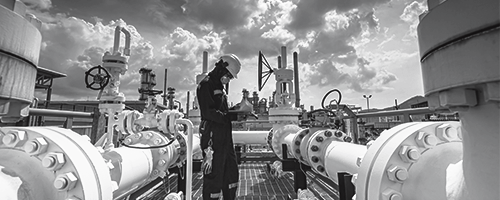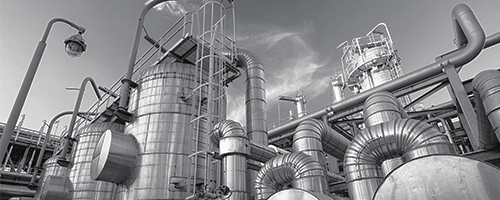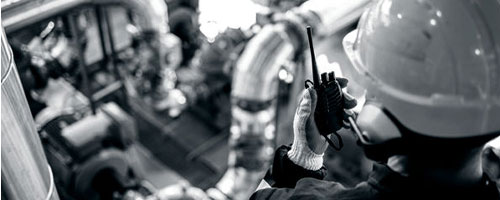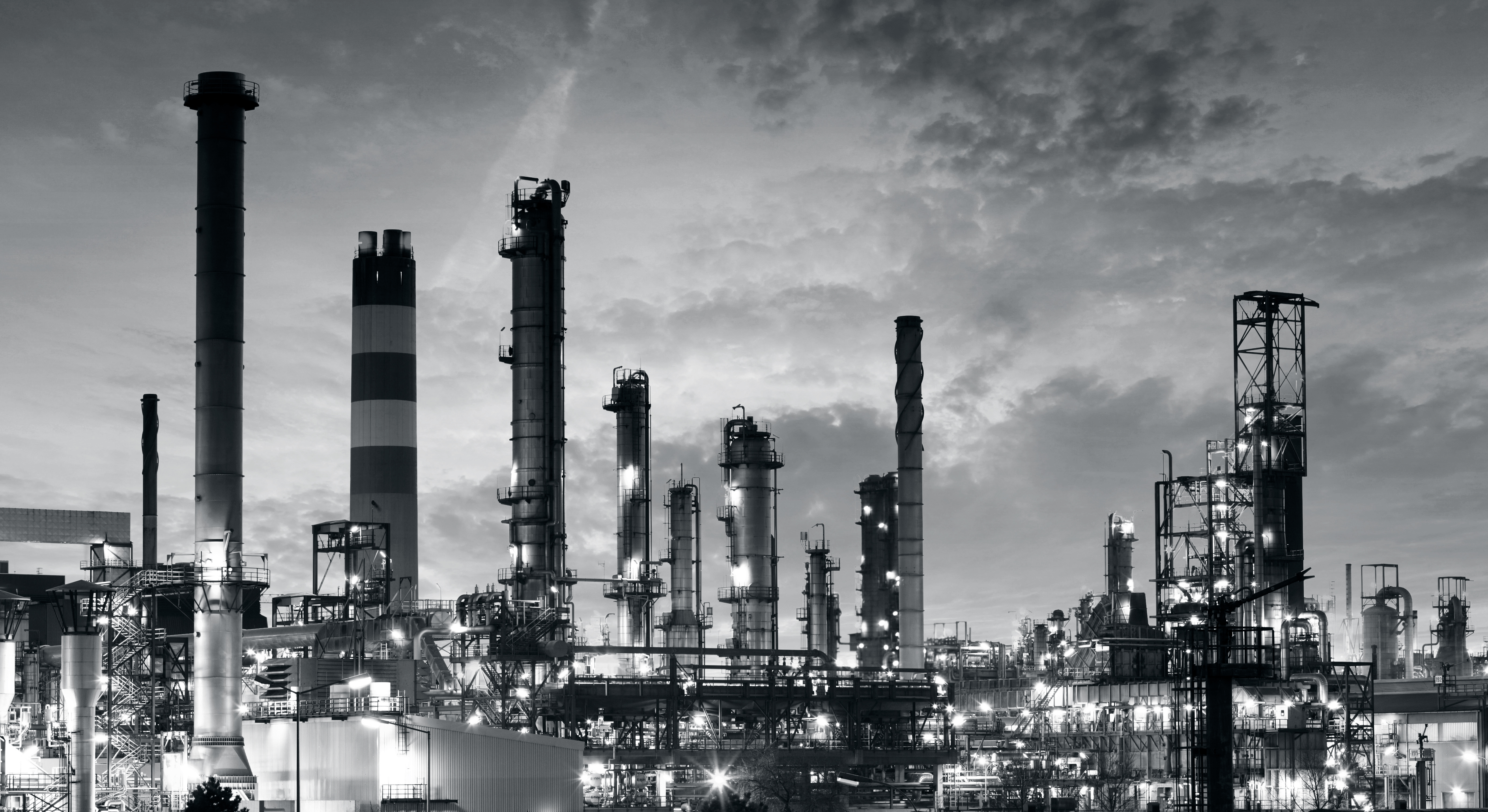
Carbon Capture : Challenges and Solutions in Dense Phase CO2 filtration
August, 2023
Carbon Capture, Utilization, and Storage (CCUS) is a chain of interconnected processes and technologies targeting the reduction of CO2 emissions to the atmosphere. In this blog, we will focus on the last critical step, transport and long-term storage of captured CO2.
To transport CO2 a long distance from point-source emissions to a final storage site, the CO2 is dried and then compressed to a high pressure, where it reaches a supercritical, or ‘dense phase’. In this state, CO2 has properties in between a liquid and gas: the density is similar to that of a liquid, but it expands to fill its container like a gas. In its dense phase, smaller pipelines can be used for transportation, thereby reducing transport costs.
Impurities in the CO2 can pose a threat to the integrity of pipelines. For example, the presence of water can react with CO2 and lead to pipeline corrosion, resulting in cracks. The corrosion rate can be influenced by the presence of H2S and O2 as well. Water can also form solid hydrates that cause serious blockages. Therefore, it is important to remove these impurities before transporting CO2. Typically, water is removed using mol sieves or glycol dehydration, while coalescers and filters are used to protect the dehydration units and ensure that no particulates or glycol are carried over into the pipeline.
When pipelines deteriorate, they can accumulate pipescale and corrosion, which results in particulate contamination of the CO2 being transported. This becomes a significant concern, especially for older and repurposed pipelines. The presence of particle contamination can lead to increased costs for CO2 storage due to the damage it can cause to essential equipment like control valves, metering stations, and high-pressure pumps and compressors. Such damage can result in higher maintenance costs and unscheduled downtime.
Particle contamination can also lead to storage reservoir fouling by blocking pores in the permeable rock, as can be seen in the figure below. Over a prolonged period of time, reservoir fouling leads to additional energy consumption to maintain the re-injection flowrate and can even decrease CO2 storage capacity of the reservoir.
Dense phase CO2 filtration presents four distinct technical challenges.
- Protecting reservoirs from blockages requires a fine absolute filtration rating (as low as one µm). The rating of the filter should be smaller than the average pore size of the reservoir matter, which is linked with the permeability. Ultimately, filtration cost and fouling prevention should be balanced to an optimized cost to benefit ratio for the project.
- CO2 storage is, generally, in remote locations, sometimes offshore. This leads to high filter changeout costs, so, dirt holding capacity is a key factor when selecting a technical solution to minimize maintenance frequency.
- Dense phase CO2 is an excellent solvent for plastics, preventing installation of traditional polypropylene filters. For this application, Pall recommends using glass fiber absolute rated filters with appropriate hardware, to achieve excellent filtration performance and chemical compatibility. Alternatively, metallic elements could be used.
- O-rings and similar adapters can be damaged through explosive decompression, caused by CO2 permeation into the material at high pressures. Damage occurs when the adaptor is suddenly de-pressurized, such as during maintenance. Certain materials are less prone to explosive decompression; thus, an informed material selection is vital for applications in dense phase CO2, even for small filtration components such as O-rings.
These best practice recommendations will help you achieve optimal performance for your CO2 transportation and storage processes. However, it can be difficult to know exactly where to start when looking to implement these actions, therefore our filtration experts are positioned to provide support and product recommendations to address any specific issues you may be experiencing.
For more information visit our website (click here) or use the Chat function to speak to our expert team.
- Category
- Author
- lblSortBy











